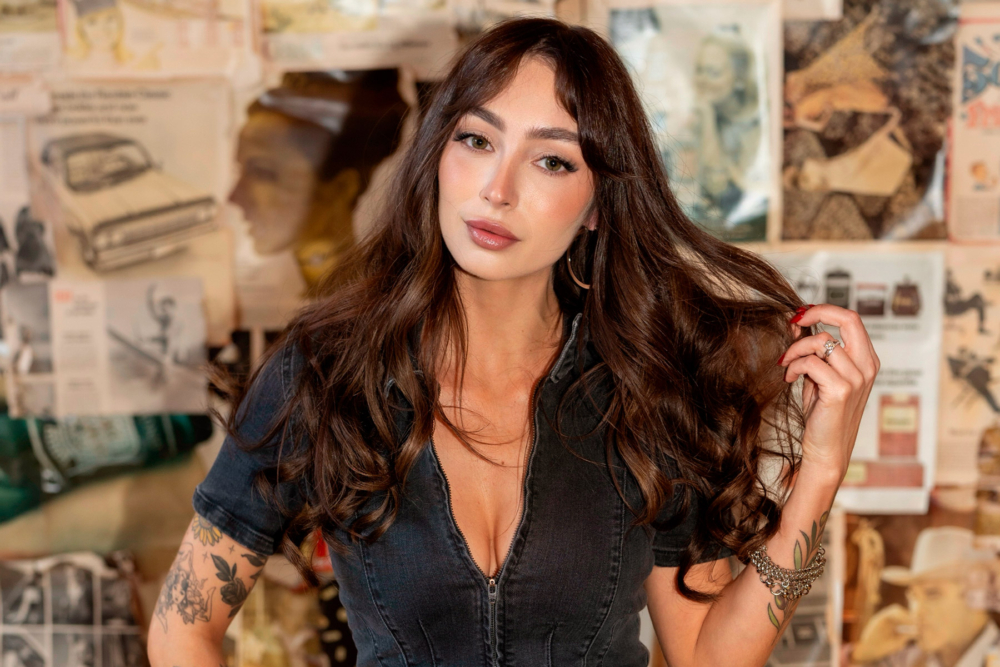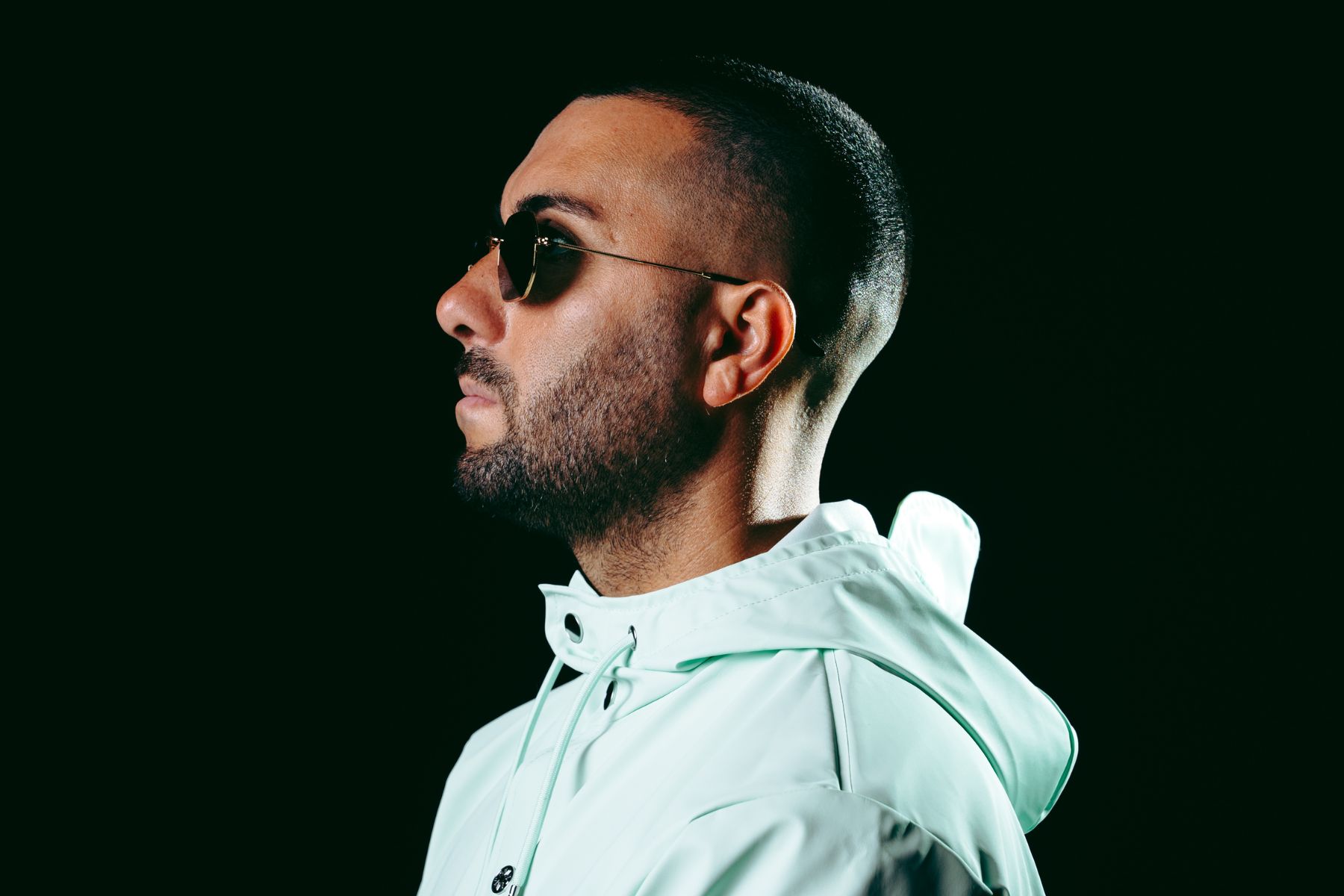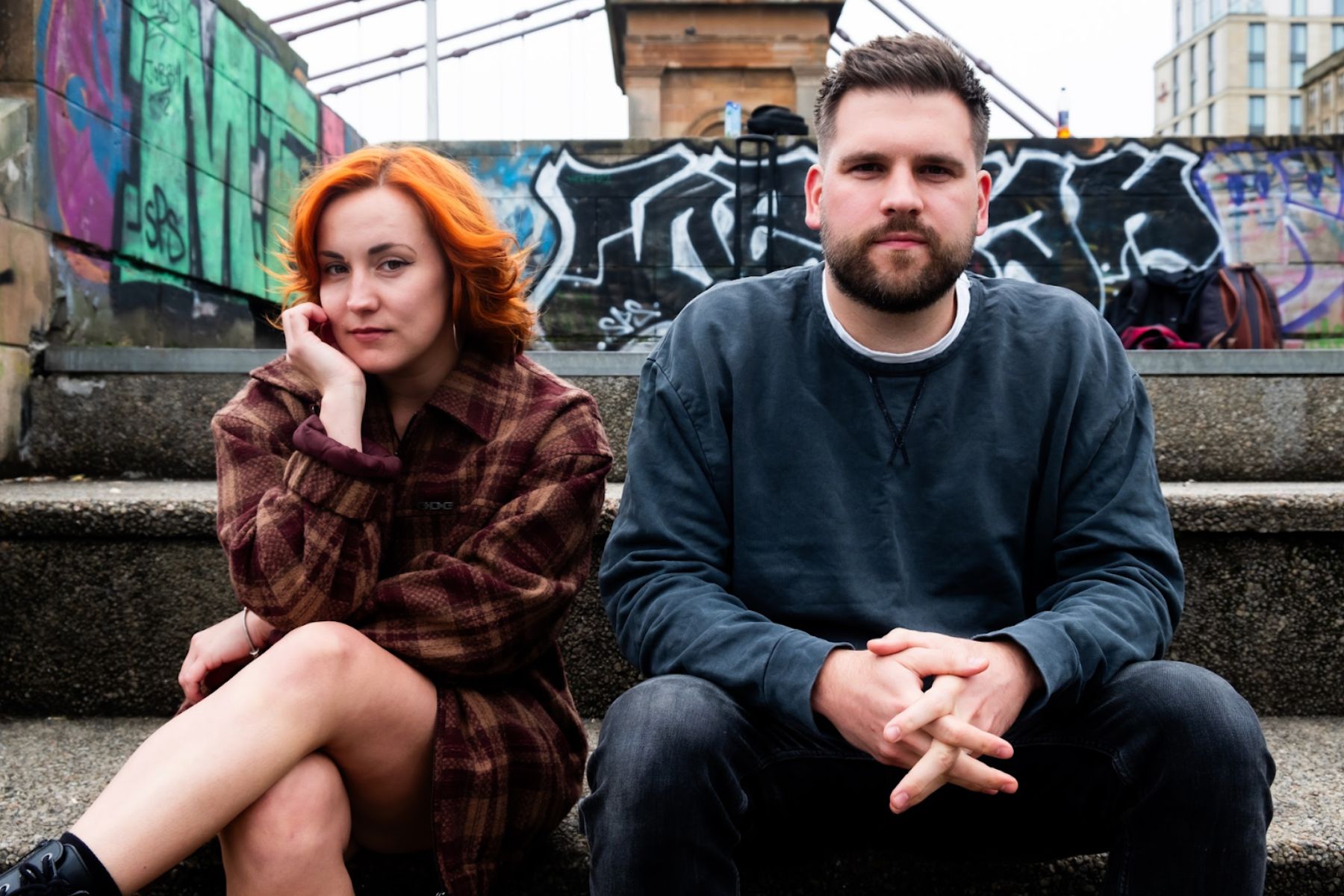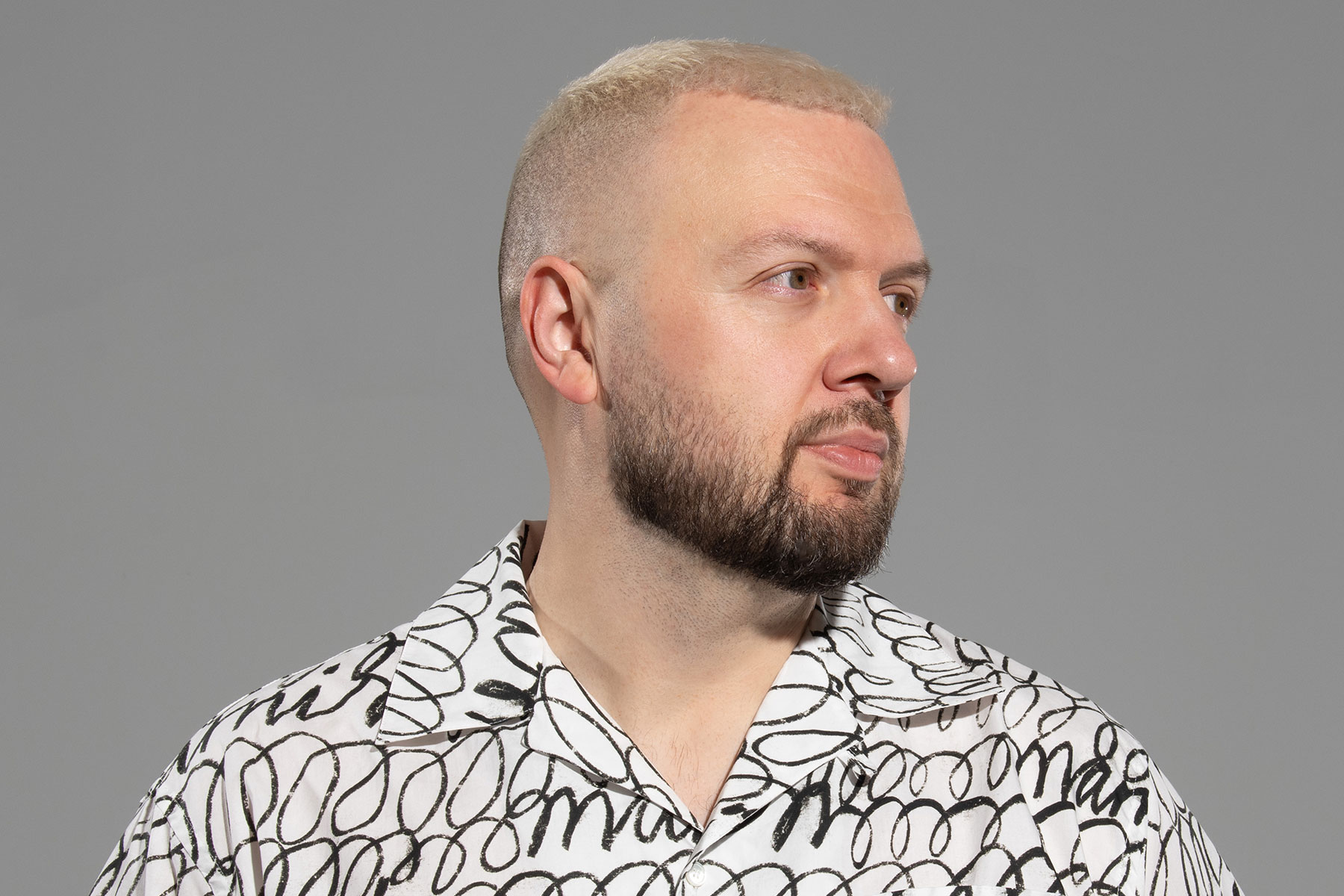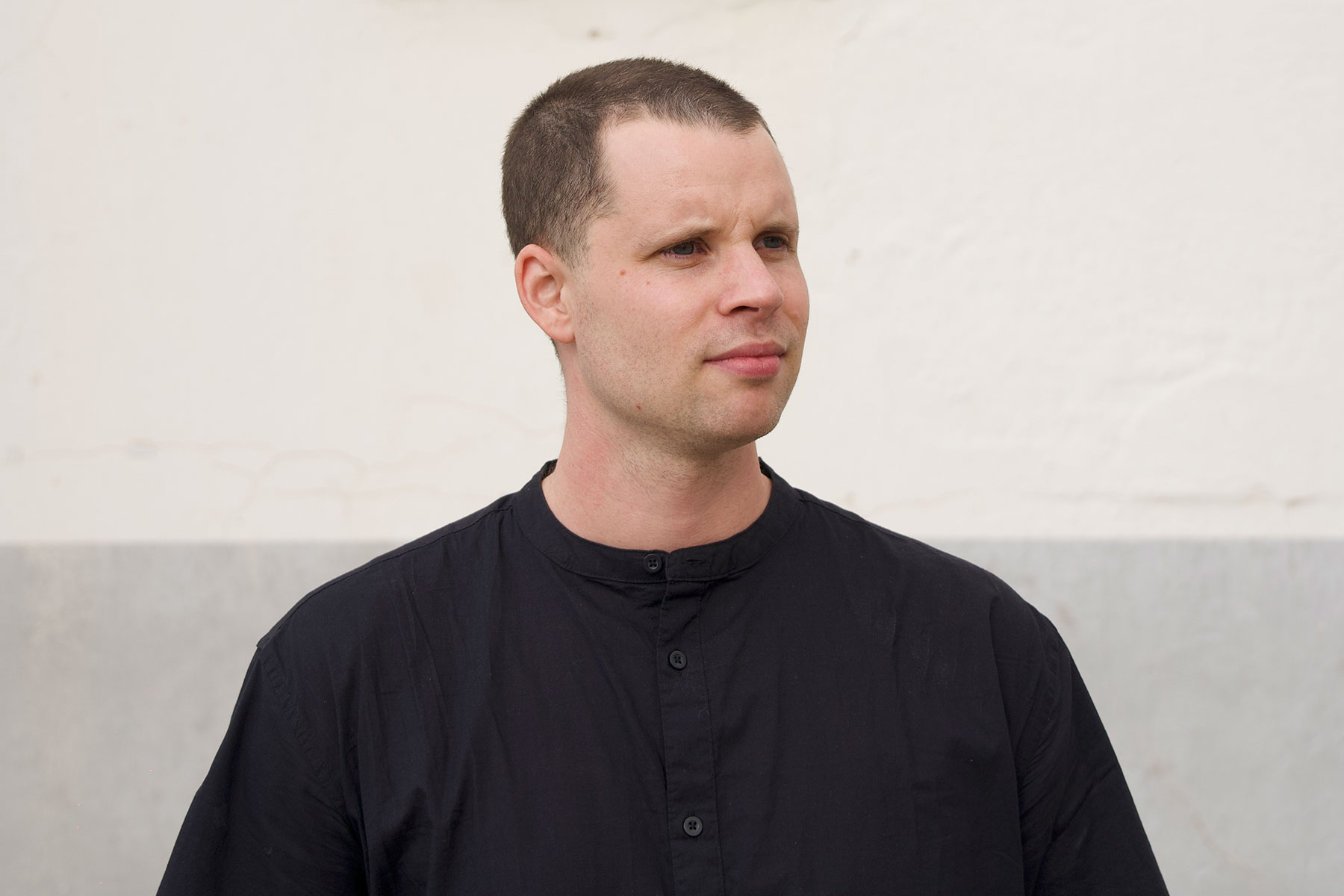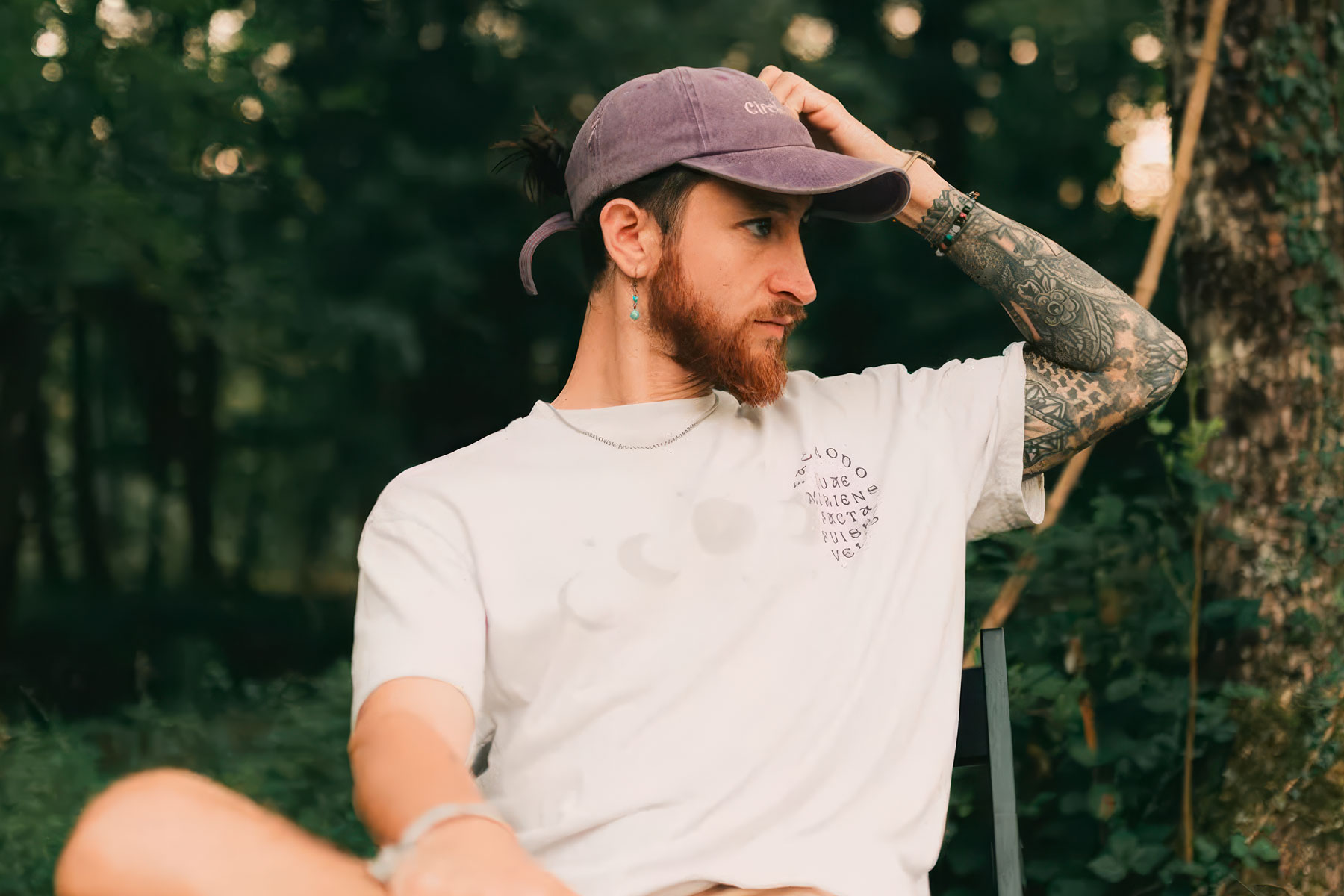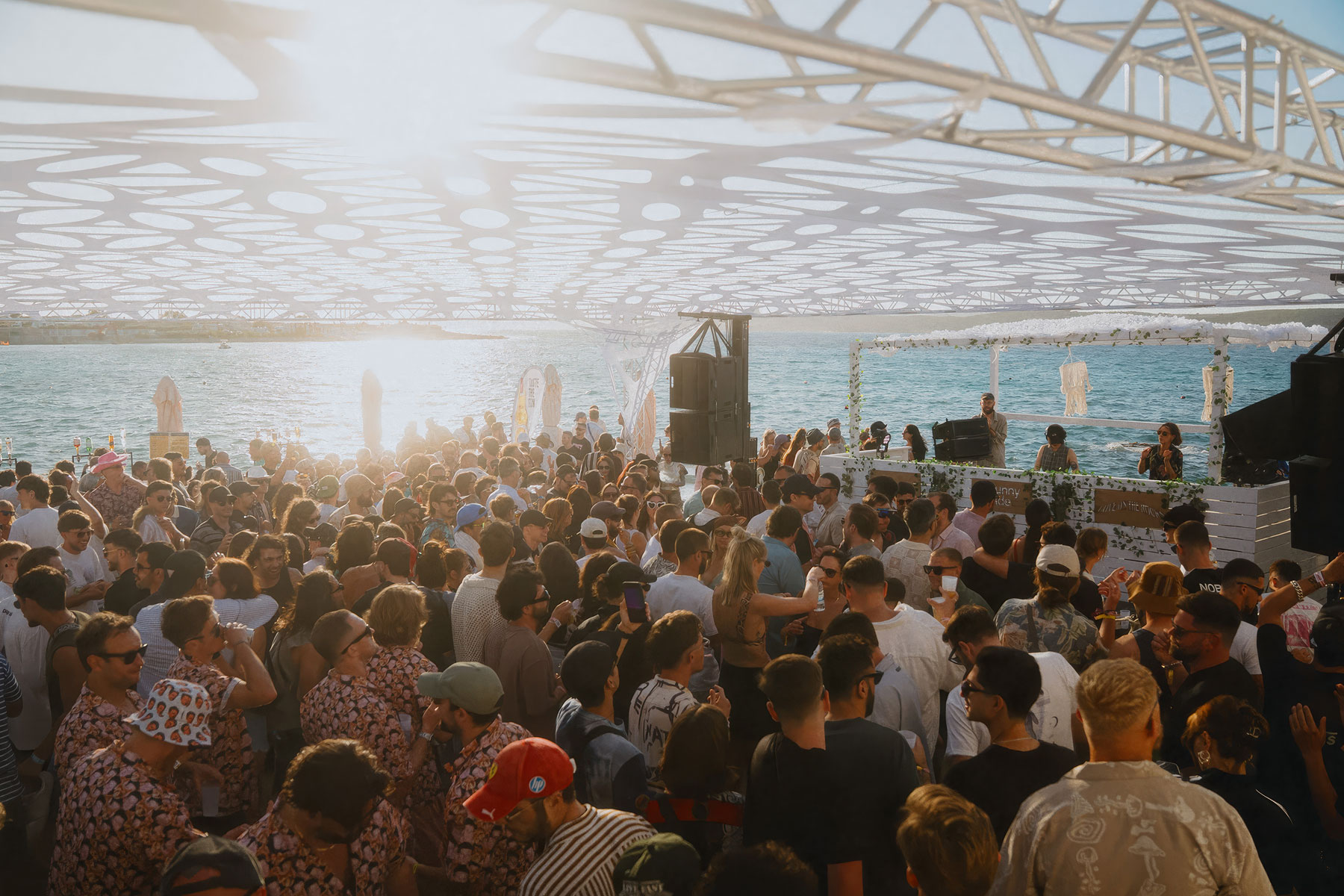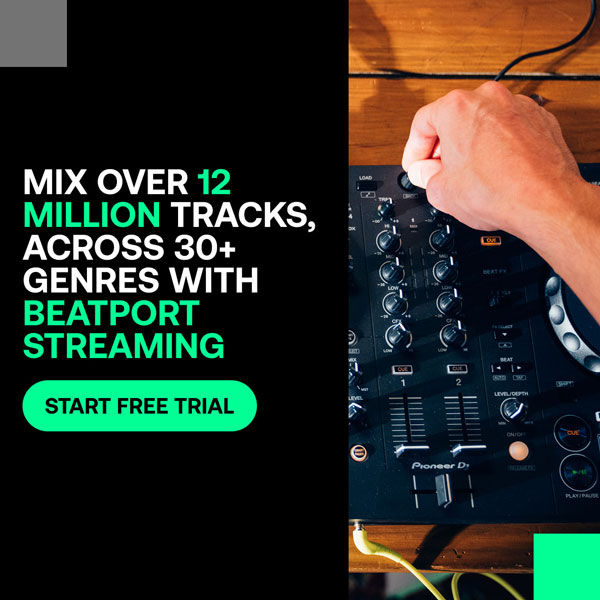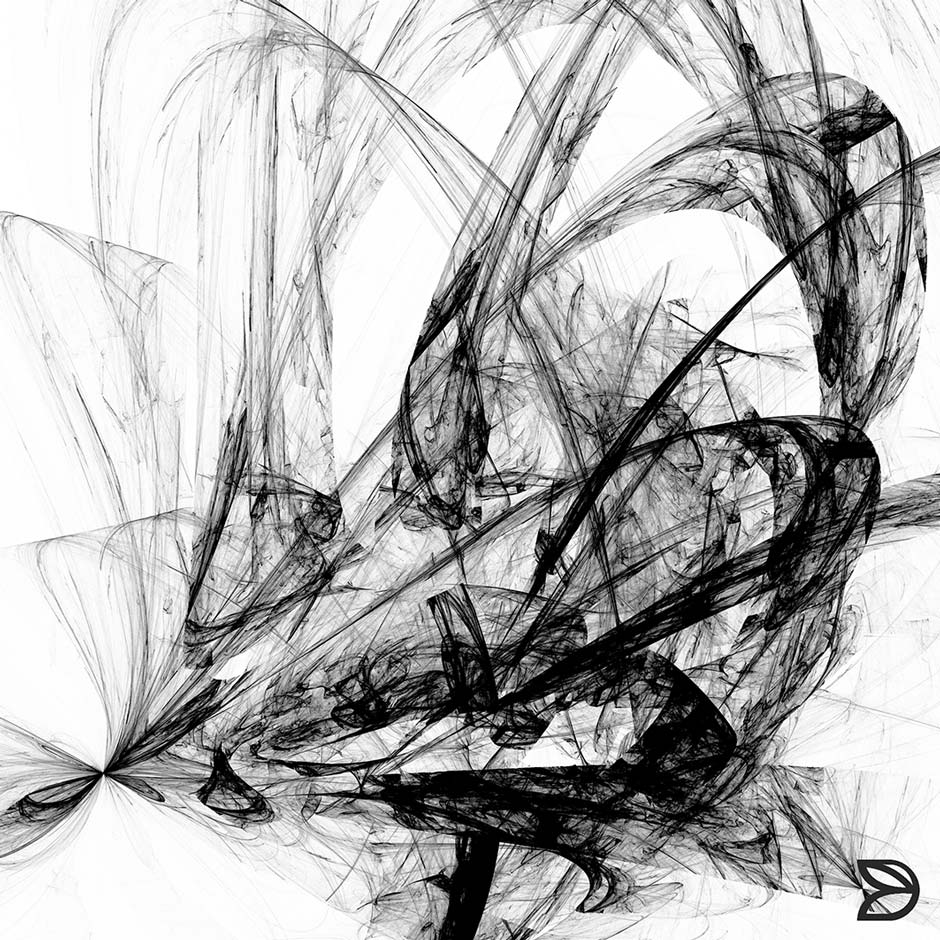From breaking news to breaking beats, Olivia Mancuso’s journey from television reporter to electronic music industry leader shows the transformative power of pursuing one’s passion. Drawing from her journalism background, she has carved a distinct niche as a media personality and advocate for emerging artists in the electronic music scene.
Photo credit: Olivia Mancuso – Official
As ARC’s brand personality and collaborator with Insomniac, she channels her expertise through the Elevated Frequencies Podcast, guiding artists through the business side of music while helping them maintain creative integrity. Her interviews with industry leaders offer vital insights for artists looking to transform their passion into sustainable careers.
Through her co-founded initiative Chicago Music Nexus, Mancuso is making industry knowledge accessible by connecting emerging talent with music icons through educational panels.
EG sat down with Olivia to explore her perspective on community building, artist empowerment, and the future of electronic music.
EG: Hi Olivia, welcome to EG. Where are you right now? Are you based there?
Olivia Mancuso: Great to chat with you! I’m at home in chilly Chicago.
EG: You started out in news reporting and later transitioned into electronic music. What sparked your move into this scene, and how did your experience in journalism influence your style and approach?
Olivia Mancuso: Being a TV reporter was not conducive to a fulfilling personal life. I left the news industry and got into a corporate marketing role but did not realize how much I would miss the action that came from being out in the field. So, I made yet another pivot and started my own business in 2022—a marketing and content creation agency.
About six months into working for myself, I was watching an interview somewhere in Europe with one of my favorite producers, Boris Brejcha. It’s like I was struck by lightning—”why am I not doing this?” I’ve been a house head since I heard ‘I Want Your Soul’ by Armand Van Helden during my freshman year of high school.
Since that moment, I’ve made it my mission to interview artists everywhere I can. I launched my podcast Elevated Frequencies, and I’ve worked with multiple festivals, interviewing artists on their lineups. What translates from journalism isn’t necessarily about being good on camera because everyone can do that these days… it’s about making the guests comfortable and asking questions that show you care about their journey.
EG: You wear many hats—podcast host, on-camera personality, consultant, and more. Which aspect of your work do you find the most intellectually stimulating, and why?
Olivia Mancuso: As a podcast host and on-camera personality, it’s like riding a bike. I can switch into that mode at a moment’s notice—I’ve been doing it for over 10 years now, so it just flows naturally.
What really gets me excited is working on Chicago Music Nexus with my business partner Matt Sherman. We created it because we saw this massive gap in the industry where artists needed access to real education and networking opportunities.
Building something from scratch is incredibly challenging but so rewarding—definitely intellectually stimulating. A lot of people think we are a big operation, but it’s just the two of us in constant communication. We hold each other and ourselves to an incredibly high standard to create opportunities for artists and the dance music community.
EG: You’ve had conversations with a wide range of artists and industry leaders. In your view, what crucial elements are often overlooked by emerging acts trying to establish themselves?
Olivia Mancuso: They conflate follower count with influence, which couldn’t be further from the truth. I’ve accomplished a lot with a small, dedicated following. When you go for big numbers, you’re essentially telling your dedicated fans that you don’t care about them—they’re not enough. It is much more valuable to have a core audience that will follow you anywhere (offline and online) than big numbers that don’t translate to ticket sales or dollars and cents.
I see this all the time in my podcast interviews—the artists who are really making it happen aren’t necessarily the ones with the biggest social following. They’re the ones who’ve built genuine connections with their community and focused on creating value rather than chasing numbers.
“The artists who are really making it happen aren’t necessarily the ones with the biggest social following”
EG: Elevated Frequencies focuses on helping artists turn passion into profit. How do you strike a balance between tangible career advice and staying connected to the creative side of music?
Olivia Mancuso: This is what I preach over and over—take care of the business side FIRST so you have the freedom, clarity, and security to be creative. If you have any sort of success in this industry, the business side will catch up to you eventually. You’ll have to sign contracts, hire lawyers, understand your taxes, project your earnings, and diversify your income streams. And trust me, you want to understand all of it. It’s a tale as old as time—artists and athletes who never chose to learn the business side hire people they thought they could trust and then get royally screwed. Don’t let yourself get preyed upon.
I’ve seen too many talented artists get taken advantage of because they didn’t want to deal with the business side. That’s actually why I started the podcast—to give artists the knowledge they need to protect themselves and their art. When you understand the business, you can spend more time being creative instead of constantly putting out fires or wondering if someone’s taking advantage of you.
EG: As a co-founder of the Chicago Music Nexus event, you’re clearly invested in music education and community-building. Why do you think fostering these conversations is vital for the growth of electronic music?
Olivia Mancuso: Besides the other great dance music conferences like WMC, ADE, and IMS, there really isn’t anywhere else where people can truly network comfortably in dance music. Sure, there are industry nights, pre-parties, and all that—but you already have to know someone to mix in with that crowd.
What about the people who don’t have those connections? How do they break in? Social media is one avenue, but there’s nothing better than meeting people in person. At Chicago Music Nexus, you can let your guard down because you know everyone is there to talk business. It’s expected. We want to democratize opportunities in this industry.
That’s why we were so excited when our first event sold out—it proved there’s this huge demand for accessible networking in dance music. People are hungry for real connections and education, they just need the right environment to make it happen.
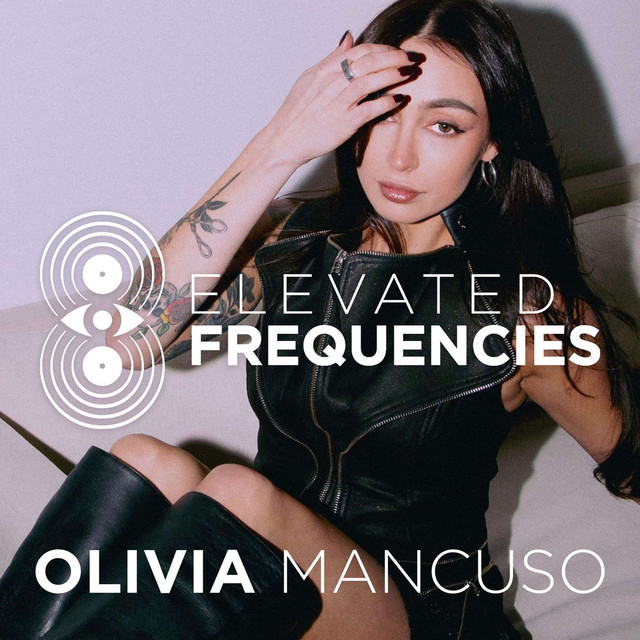
EG: You’ve stepped into the role of brand personality at ARC. How do you ensure authenticity and maintain a genuine connection when representing larger festival platforms?
Olivia Mancuso: This one is easy—I’ve been attending ARC since year one. I’m an ARC superfan. This festival was built by Chicago, for Chicago. I’ve watched it grow, seen artists come back year after year and perform on different stages, and witnessed how they honor Chicago’s legacy by including artists on the lineup who’ve contributed in major ways to house music culture and history.
Working with ARC has been one of the greatest privileges of my lifetime. Yes, they’re a ‘big’ festival, but they too have a small core team who don’t take any decision lightly—everything is thoughtfully curated. They understand that preserving the authenticity of Chicago’s dance music culture is just as important as putting on a world-class event. When you genuinely love something this much, representing it just comes naturally.
EG: For someone coming from traditional media, how do you see digital and social platforms reshaping the electronic music landscape, and what are the biggest opportunities there?
Olivia Mancuso: This is interesting—I just interviewed a DJ last week who does a lot of live streaming on TikTok, and he equated it to being people’s “morning show” because viewers put him on in the background while getting ready, making breakfast, all that. It’s proof that the actual principles of good media and media consumption haven’t really changed. People still want to be entertained, educated, and inspired.
If you can put yourself in that mindset, you can succeed in dance music. Think about it—people don’t necessarily LOVE the Today Show, but they might LOVE Hoda Kotb, right? They’d follow her to Good Morning America if she jumped ship. The same principle applies here. The real opportunity lies in building those superfans who will follow you anywhere, whether that’s TikTok, Instagram, or in real life at your shows. The platform is just the vehicle—it’s the connection that matters.
“When you understand the business, you can spend more time being creative”
EG: You’ve mentioned the importance of building community. In practical terms, how can artists and professionals collaborate to create a more unified and supportive environment?
Olivia Mancuso: Maybe this answer is a little controversial, but I think people need to take a hard look at themselves and analyze what value they’re actually providing first. Are they showing up for others without expecting anything in return? Are they making sure their emails to labels are easy to read, without typos or calling the A&R by the wrong name because they copy-pasted? Is their online presence organized? Are they trying to get their foot in the door with smaller event producers as gig workers so they can learn the ins and outs of the local scene and who runs it?
Are you skipping that night gaming with friends to work on music instead? What choices are YOU making to be your best self? That’s how you elevate above the rest and start attracting the right opportunities.
Yes, we need more avenues for connection, 100%. But we also need to quit our collective belly-aching about what’s wrong with the scene and do our absolute best every day to torpedo through the BS. It is possible—I see it happen all the time with artists who put in the work and take responsibility for their own growth.
EG: With your background in media, do you think the electronic music industry has adapted well to modern storytelling? Are there areas where it could improve?
Olivia Mancuso: Listen, I think there’s a lot of low-hanging fruit content out there. And I’m not judging because sometimes it’s what the market demands. But I do think in general, we’ll soon see a shift toward long-form quality content and conversations again. I don’t buy into this doomsday theory where content is just going to get shorter and stupider until our brains rot. Everything is cyclical, and I’m excited to see how content in this industry develops as it gains popularity. More documentaries, please!
EG: Finally, as you look ahead, what broader goals or initiatives do you hope to champion in the coming years, and how do you plan to further evolve your role in the industry?
Olivia Mancuso: Chicago Music Nexus is going the distance. My mission is to empower as many artists as I can with the knowledge and resources they need to have financial success and long-lasting careers. After selling out our first event, we’re already planning bigger things for 2025.
The electronic music industry can feel really intimidating and exclusive when you’re trying to break in. I want to change that. Whether it’s through the podcast, our events, or new initiatives we haven’t even thought of yet, I’m committed to democratizing opportunities in dance music. There’s room for everyone willing to put in the work—they just need the proper guidance and community behind them.
EG: Thanks for the time and all the best!
Olivia Mancuso: Thank you!
Follow Olivia Mancuso: Instagram | Youtube | TikTok | Patreon


